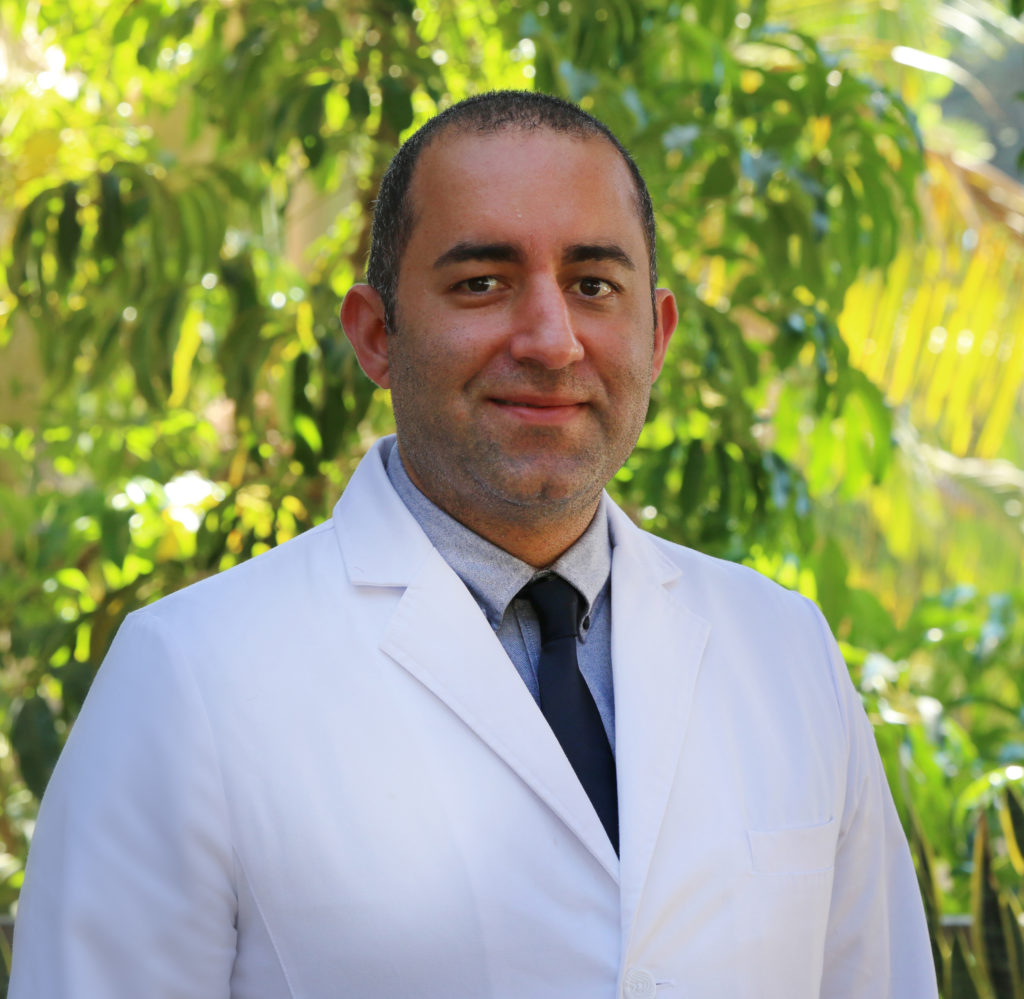Open heart surgery follow up
Home > Our Services > Open heart surgery follow up

Hossein Dehghani, MD
Many people over the course of their lives undergo open heart surgery. This could be due to having had significant problems with their heart valves or multiple blockages in heart vessels or combination of both. Another group are indeed patients who were born with congenital cardiac anomalies. They might have undergone one, two, three or more open heart surgeries in their lifetime depending on the complexity of the cardiac conditions that they were born with.
People who have had heart surgery, probably more than any other cardiac patient, need to have very close cardiology follow up in the postoperative interval. Furthermore, almost all of them will need significant medication adjustments depending on symptoms and whether they have heart failure or prosthetic valves. Lifestyle modification, smoking cessation, aggressive cholesterol and blood pressure management, and control of ones blood sugar levels if Diabetic are paramount to this group’s overall life expectancy and quality of life.
It takes most patients who have undergone open heart surgery approximately 6 months to “feel back to normal”. Some go on to do so well, that they even forget to mention it in their follow ups down the line and I only realize that they have had surgery when I go to examine them and see the surgical scar on their chest!

